Board of Advisors
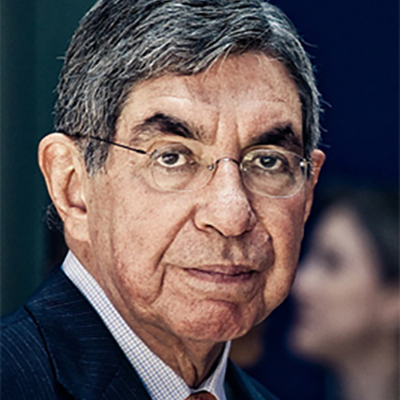
Oscar Arias
Nobel Peace Laureate / Former President, Costa Rica
Dr. Oscar Arias Sanchez, President of Costa Rica, was awarded the Nobel Peace Prize for his efforts to establish a peace treaty with Nicaragua, Guatemala, Honduras, and El Salvador, four neighbors torn by civil war. The product of a country that abolished its army in 1948, Dr. Arias has persistently worked for peace in the region, convinced that negotiation, not war, is the best means for achieving it.
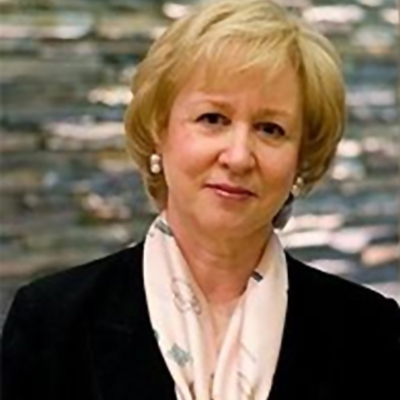
Kim Campbell
Former Prime Minister, Canada
The Right Honourable Kim Campbell, the Secretary General of the Club of Madrid served as Canada’s nineteenth and first female Prime Minister in 1993. She previously held cabinet portfolios as Minister of State for Indian Affairs and Northern Development, Minister of Justice and Attorney General, and Minister of National Defence and Minister of Veterans’ Affairs. She was the first woman to hold the Justice and Defence portfolios, and the first woman to be Defence Minister of a NATO country. Ms. Campbell participated in major international meetings including the Commonwealth, NATO, the G-7 Summit and the United Nations General Assembly. Ms. Campbell is a Senior Fellow of The Gorbachev Foundation of North America, a member of the International Council of the Asia Society of New York, and serves on advisory boards of numerous other international organizations such as the Global Security Institute (GSI), the Middle Powers Initiative (MPI), and the Forum of Federations.
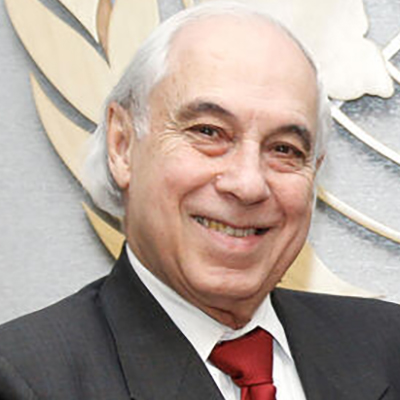
Sérgio Duarte
Former UN Under-Secretary-General for Disarmament Affairs
Sérgio Duarte is president of the Pugwash Conferences on Science and World Affairs, an international organization that seeks a world free of nuclear weapons and other weapons of mass destruction. It aims to develop and support the use of scientific, evidence-based policymaking, focusing on areas where nuclear and WMD risks are present by bringing together scholars and public figures to work toward reducing the danger of armed conflict and to seek solutions to global security threats. He is a retired Brazilian ambassador and former UN Under-Secretary-General for Disarmament Affairs.
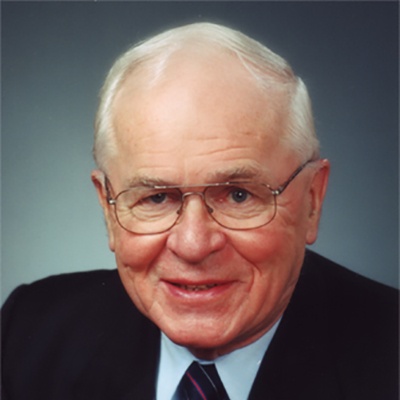
Hon. Douglas Roche, O.C.
Former Senator
Former Senator, The Hon. Roche, O.C., is on the Board of Advisors of the Global Security Institute. He is an author, parliamentarian and diplomat, who has specialized throughout his 40-year public career in peace and human security issues. He lectures widely on peace and nuclear disarmament themes. Mr. Roche was a Senator, Member of Parliament, Canadian Ambassador for Disarmament, and Visiting Professor at the University of Alberta. He was elected Chairman of the United Nations Disarmament Committee at the 43rd General Assembly in 1988.
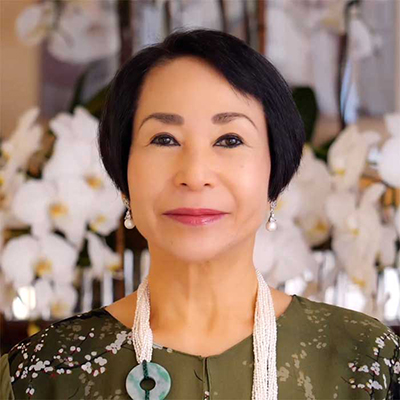
Audrey Kitagawa
President and Founder, International Academy for Multicultural Cooperation
Audrey Kitagawa is President of the Light of Awareness International Spiritual Family, Chair of the Anti-Racism Initiative, and Co‑chair of the Gender Equality Working Group of the G20 Interfaith Forum, and the former advisor to the Office of the Special Representative of the Secretary-General for Children and Armed Conflict at the United Nations. She has been listed in Who’s Who in American Law, Who’s Who of American Women, Who’s Who in the World, and Prominent People of Hawaii.
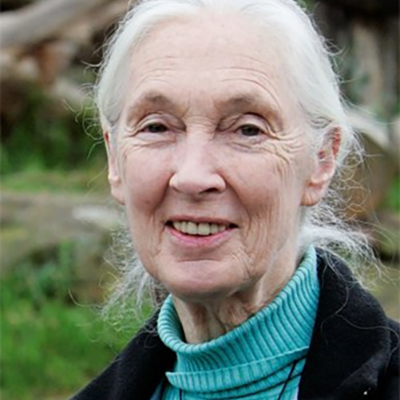
Jane Goodall
Founder, The Jane Goodall Institute / UN Messenger of Peace
In the summer of 1960, Dr. Jane Goodall ventured into Lake Tanganyika, Tanzania, East Africa. Although it was unheard of for a woman to travel into the African forest, this was the fulfillment of her childhood dream. Today, Goodall and her staff continue to contribute to significant findings on chimpanzee behavior and social relations. Over the years her studies have shown the many striking similarities between humans and chimpanzees. Goodall earned her Ph.D. in Ethology from Cambridge University in 1965. In 1977, she founded the Jane Goodall Institute for Wildlife Research Education and Conservation. Her honors include the Kyoto Prize in Bai Science and the Animal Welfare Institute’s Albert Schweitzer Award.
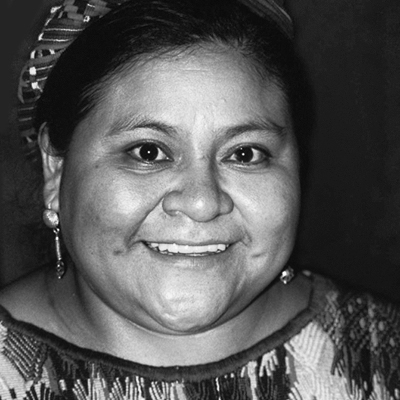
Rigoberta Menchú Tum
Founder, Fundación Rigoberta Menchú Tum
Rigoberta Menchú was awarded the 1992 Nobel Peace Prize in recognition of her work for social justice and ethno-cultural reconciliation based on respect for the rights of indigenous peoples. Today, Rigoberta Menchú stands out as a vivid symbol of peace and reconciliation across ethnic, cultural and social dividing lines, in her own country, on the American continent, and in the world.
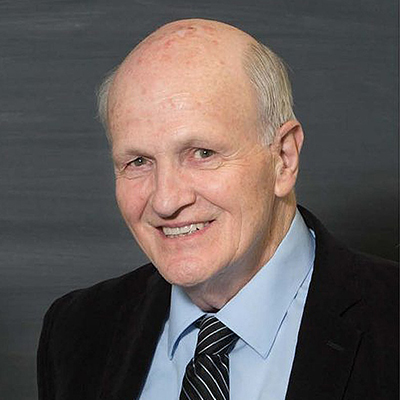
Frank Von Hippel
Professor, Political and International Affairs, Princeton Co-Chair, International Panel on Fissile Materials (IPFM
Frank von Hippel has a PhD in nuclear physics (1962). He is co-Director of Princeton’s Program on Science and Global Security. In the 1980s, as chairman of the Federation of American Scientists, he partnered with Evgenyi Velikhov in advising Mikhail Gorbachev on the technical basis for steps to end the nuclear arms race. From 1994-5, he served as Assistant Director for National Security in the White House Office of Science and Technology Policy.
Von Hippel and his colleagues have worked on fissile material policy issues for the past 30 years, including contributions to: ending the U.S. program to foster the commercialization of plutonium breeder reactors, convincing President Gorbachev to embrace the idea of a Fissile Material Production Cutoff Treaty, launching the U.S.-Russian cooperative nuclear materials protection, control and accounting program, and broadening efforts to eliminate the use of high-enriched uranium in civilian reactors worldwide.
With Respect
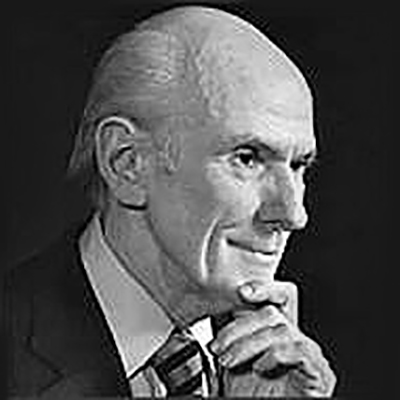
Senator Alan Cranston (b. 1914 — d. 2000)
Founder, Global Security Institute
Alan Cranston was a Democrat senator from California who served from 1969 to 1992. The Global Security Institute was founded in October 1999 by Cranston to continue and institutionalize a lifetime of dedicated work toward the elimination of nuclear weapons.
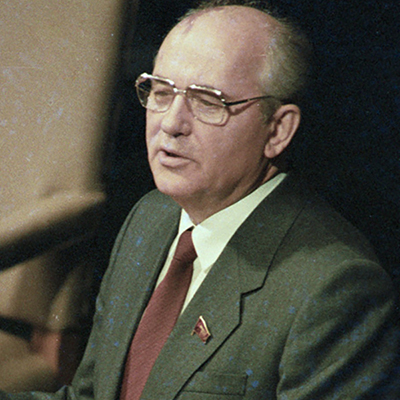
President Mikhail Gorbachev (b. 1931 — d. 2022)
Nobel Peace Laureate / Former President, Soviet Union
Mikhail Sergeyevich Gorbachev was President of the Moscow-based International Foundation for Socio-Economic and Political Studies (Gorbachev Foundation). He was also President of Green Cross International. Mr. Gorbachev served as President of the Soviet Union from 1985 to 1991 and was awarded the Nobel Peace Prize in 1990.
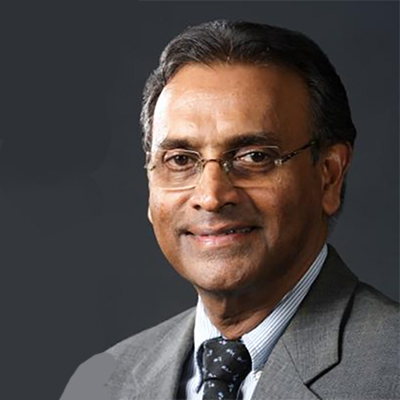
Ambassador Jayantha Dhanapala (b. 1938 — d. 2023)
Former UN Under-Secretary-General for Disarmament Affairs
Ambassador Dhanapala was UN Under-Secretary-General for Disarmament Affairs in 1998-2003 and the President of the 1995 NPT Review and Extension Conference. Ambassador Dhanapala joined the Sri Lanka Foreign Service in 1965 and has served in London, Beijing, Washington, DC, and New Delhi. In 1984 he was appointed Ambassador to the United Nations in Geneva and in 1987 left the Foreign Service to head the United Nations Institute for Disarmament Research (UNIDIR). In 1992 he returned to the Foreign Service as Additional Foreign Secretary before taking up the position of Ambassador to the United States. He also served as Commissioner in UNSCOM, the Head of the Special Group visiting the Presidential Sites in Iraq, and a member of the 1996 Canberra Commission on the Elimination of Nuclear Weapons. Ambassador Dhanapala published four books and several articles and was the recipient of four honorary doctorates and several international awards.
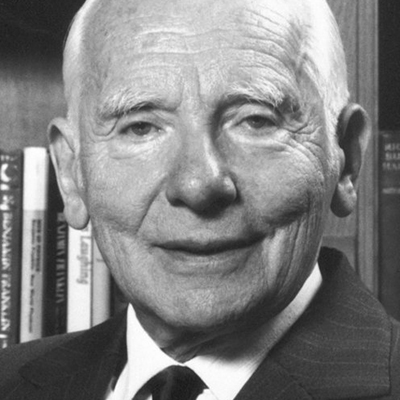
Sir Joseph Rotblat (b. 1908 — d. 2005)
Nobel Peace Laureate / President, Pugwash Conferences on Science and World Affairs
Sir Joseph Rotblat KCMG CBE FRS was a Polish and British physicist. During World War II he worked on Tube Alloys and the Manhattan Project, but left the Los Alamos Laboratory on grounds of conscience after it became clear to him in 1944 that Germany had ceased development of an atomic bomb.
